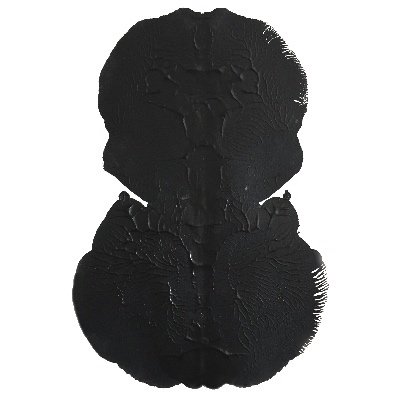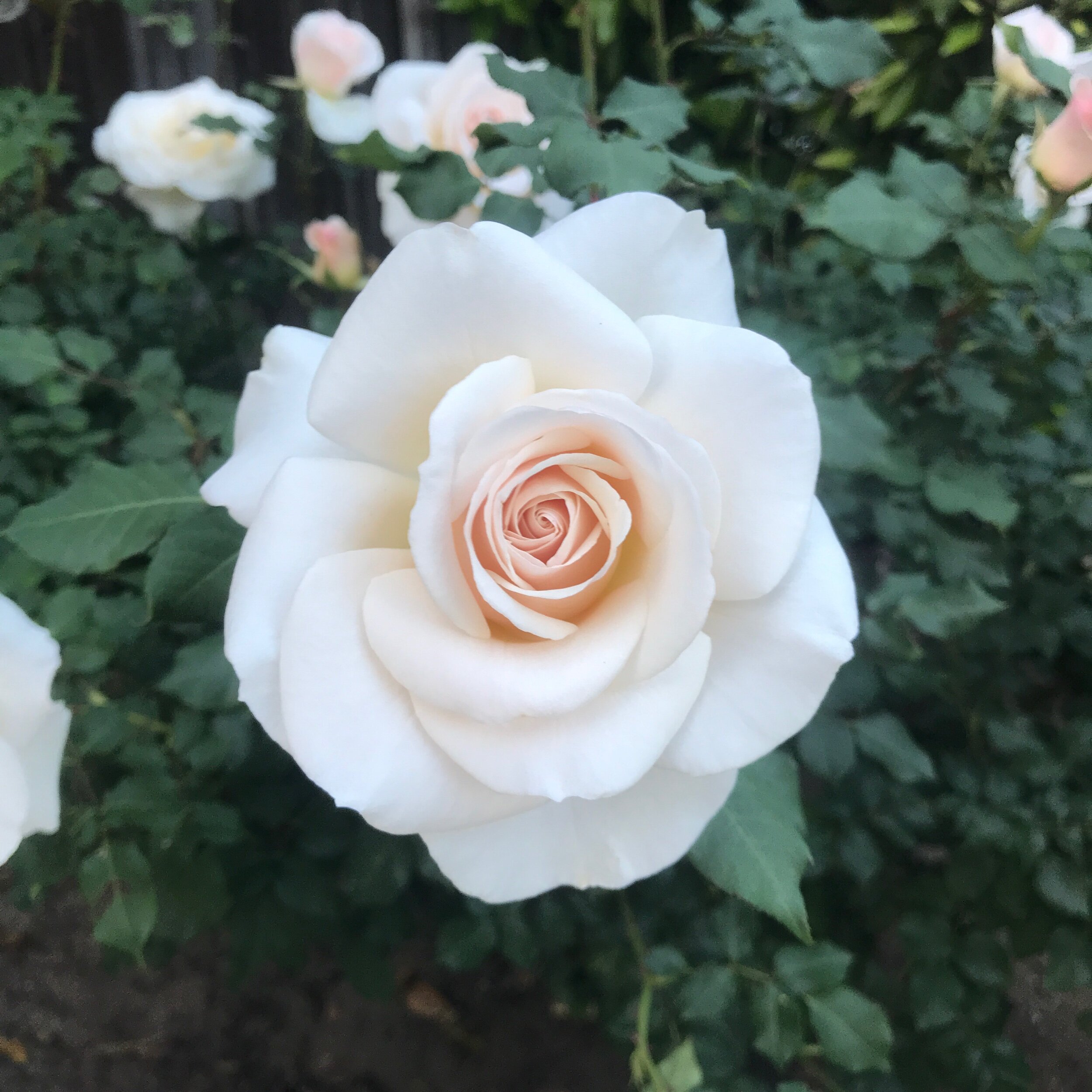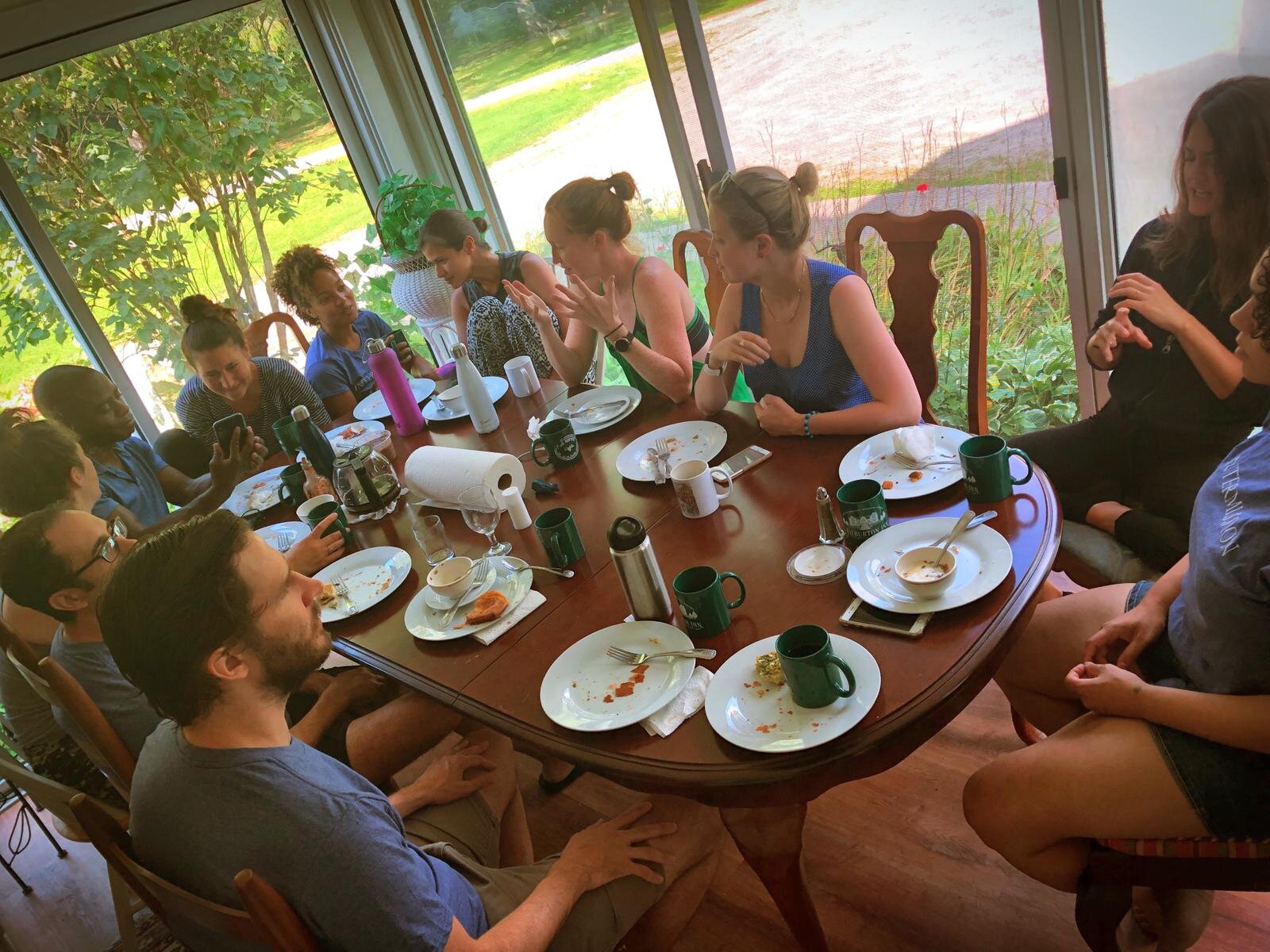How Does Your Garden Grow?
Mary, Mary, quite contrary,
How does your garden grow?
With silver bells, and cockle shells,
And pretty maids all in a row.
Social distancing transformed how we interact with each other and how we define our inner circles, friends, and community. The recent devastating social events instigated by the outrage surrounding #justiceforgeorgefloyd pushed these musings into sharp focus. I’m sharing some of my ponderings here in case you have input, ideas, thoughts, and opinions you would like to share.
This is NOT:
A blog post telling you how to live your life
Me passive-aggressively lecturing you or judging you about your choices.
A political statement condemning or supporting any political candidates.
I know that things are politically heated right now, and I am not trying to fuel that fire, merely to offer my thoughts on MY actions and intentions. At least, how I want to move forward and interact with others.
A little bit about Me:
I am a violin player and teacher
I am not a politician
I am not a gardener or horticulturist
I am not perfect
I have room to grow
So….
I've been thinking about the notion of community. When everything transitioned online, I found myself (like everyone else) suddenly without many in-person interactions. Everything that had been easy about maintaining friendships and relationships suddenly took effort. All of a sudden, I was exhausted by too much screen time, and if I wanted to talk to friends from yoga class or my neighbor – things that used to be easy and practically built into my day - I had to make a concerted effort. I found myself expending so much mental energy fostering relationships that used to happen so organically. That in-person time turned into screen time - both productive and unproductive - and it made me question who is in my community? How do I interact with them? What do I want or need from my community? And how do I fit into their community? (along with many other things).
Now that I can't be lazy about answering these questions, it is actually quite interesting, and I realized that my community is pretty big and includes people I do and don’t know.
Here is a simplified list of my community as I see it right now and in no particular order:
MY family
My private students and their families
My YOLA Students, colleagues and their families
My Harmony Project students, colleagues, and families
Family friends
My friends on social media
My followers on social media (yes, they can be different depending on the platform and your sharing intent)
Readers of my blog
Subscribers to my Newsletter
Local friends
Close friends who live far away
Colleagues from various professional endeavors across the globe
Former Students and their families
Former colleagues
People I follow on social media
Writers and Bloggers that I follow and read
People I watch and follow on Youtube (is this different from social media? I'm not sure, but it feels different for me).
My teachers, current and former
Politicians – national and local - I watch and follow (and if I don't, the ones making decisions that affect me)
Celebrities, musicians, and creators that I admire
My physical neighbors - physically. The ones who live next door to me.
Local businesses I support.
Large companies and brands I use and buy from
Did I leave anyone out? Even if I did, that is a lot of people – and I'm not even that popular. When you look at this list and think about it, there are potentially thousands of people in MY community. Your list would be similar, but it would center around you.
Then there is the question of how can somebody be part of my community if they don’t know who I am? This comes down to the type of relationship you maintain with these people, brands, content. As I'm sure any marketing expert would tell you, there is a multitude of ways to influence and engage with individuals. I define my community generally, as everyone I receive information from or give information to. This changes my perspective on who is "included" in my circle.
Active and Passive Relationships and Interactions.
Think about active and passive interactions. When you scroll through social media, you are taking in information from a multitude of content creators, but you don’t necessarily interact directly with these accounts and people. You might not double tap or comment on every post you see. In fact, some people you follow might now know who you are. How many companies have your email address and advertise to your inbox. How many strangers do you follow on Instagram? How many Youtube videos do you watch? I consider these to be different forms of passive interaction. You are not actively participating in that person's life. Still, you are absorbing their content, opinions, values, aesthetics, information, and how they WANT to present it (and this is important because the HOW can can conjure dramatically different results).
An active interaction, these days at least, is a zoom call, a telephone call, text messages, comments, chats, communications with that person in a direct, and hopefully reciprocated way. You have to actively engage these people and put some effort into the relationship. Some relationships fall under both categories: I follow some people AND arrange zoom calls with them. The same could be said about my community list above. Several of these groups fall under more than one category (friends on social media who are also colleagues, for example).
When you zoom out (get it?) and realize how many people are in your life for all sorts of reasons, do you think you can agree and relate entirely and absolutely with all of them? Of course not. I know that is not possible from personal experience. We are all different, and that should be celebrated.
So when it comes to community, how can we live, grow, AND THRIVE together?
Life is a garden, and you are the gardener.
I've been thinking about this nonstop. Maybe it is the multitude of beautiful blooms that have taken over Los Angeles. These days (since lockdown, really), I walk around in awe of the diversity of foliage in this city. Around every corner, there is a scent or a color that I fall head over heels in love with. Whatever got me started on the garden idea, what I like about the analogy to my human community is the following:
A gardener is judged by the quality and diversity of life in the garden. Nobody celebrates the gardener who only grows a small amount of something reasonably well. Similarly, you are not a successful gardener with a wide variety of dead flowers growing in your patch.
As a gardener, your pride comes from the success of the blooms and life around you. YOU made or at least helped that happen. And this puts the onus and responsibility on the gardener to cultivate growth.
Some plants nourish you in return, but many do not. Either way, you tend to your garden.
Every flower, vegetable, tree, or fruit in your garden requires a different diet of nutrients for success.
The larger and more diverse your garden, the more beautiful and coveted your garden is, and the more successful a gardener you are.
You do not yell at a flower for not growing or failing to bear fruit. Instead, you wonder what you can do differently to elicit growth from this plant.
Some plants are beautiful to look at. Some smell like heaven. Some are delicious to eat, and others provide shade. Some offer benefits to others indirectly and often in a way that you must foster, but will never reap the immediate benefits from. Some do a few of these things, but none (to my knowledge) do all of those things.
Old plants can and do grow harmoniously alongside young life similar to trees and perennials planted in the same garden.
It takes a multitude of different and similar plants growing bountifully to make a successful, beautiful garden. You cannot plant 45 daisies and consider it a success if only one of them grows. Beating the odds in a garden is not success. It means the conditions were wrong.
So, how does your garden grow? Are you tending to your blooms with equal love and attending to their hugely diverse needs? Are you prioritizing their growth? Are you comfortable with the different needs of your garden? What does that even mean to you?
I'll use myself as an example for one small yet very diverse part of my garden. I am a teacher. I spend many hours every week working with students, thinking about them, worrying about them, talking about them, interacting with them, preparing materials for them, and communicating with their families. There is no possible way that I could fully understand the perspective of every student I teach. Yet, it is my responsibility to help them grow and thrive as musicians and as citizens in their communities. How can I do this? Is this even possible?
Simply put, of course, it is possible! As long as I’m not forcing them into a mold that doesn’t fit their growth. When you start working with a beginning student, there is no way to determine where their musical journey will take them, and it is not my job to decide their goals for them. My job is to provide them the musical nutrients and tools to help them on their journey. Sure, I can help them navigate the path. I can help push them towards their goals. But I cannot force a daffodil to be an apple tree. I cannot force a musician to play with a specific shoulder rest, for example, because it is what I use, ESPECIALLY if it causes pain (which would block their growth in some way). I can’t expect them to do something the way I do it because that assumes they want to grow up and be me - and we all know that is impossible.
There are more than just violin student flowers in my garden that need tending…
I am the gardener in my garden, and if that is the case, my job is to help blooms blossom. My job is not to determine how high, or how big, or in what direction they can or should grow. My goal is to keep them from waning, dwindling, or dimming. I cannot yell at a flower to grow. I cannot harass and shame it into bearing fruit. I cannot NOT tend to it and be confident that my garden will be opulent. I can’t plant it in nutrition-less soil and expect it to overcome the odds.
I know that nature is resilient, as are people, and will bloom and grow in the most surprising places, but that is not something you can count on. Not every flower gets that lucky.
Conversely, if I overwater my garden, or mess with it too much, it can have the same effect. In the garden, a certain level of trust for the process, coupled with care and attention, is the best equation for success. But again, I want to remind you that I am not actually a gardener.
How is this reflected in YOUR life? How is this reflected in MY life? How can we foster this type of growth and success in our communities?
I’m not talking about any specific political climate. I’m talking about our daily actions, behaviors, interactions, social media posts, etc. What messages are you spreading to your active and passive communities? Do they elicit growth? Does it help others grow, or does it block them in some way? Are you supporting the businesses in your community? Do you check in with your friends and family? Do you celebrate the successes of others publicly or privately?
I’m not perfect, but I am trying – I’ve been on a journey since my wakeup call with Brene Brown to examine myself, my life, and how I fit into my community. It started with the considerations of what I can and should offer my students and has evolved from there. I get mad. I get furious. I stomp around my apartment and rant about trivial things and historically relevant events that really piss me off. I am human. But when I express these things to my community, I am trying – now more than ever - to be mindful about how I can do that in a way that doesn't enrage others, that doesn't seek to cause harm to anyone but instead aims to help us all grow. If I spark intense feelings in you, ask yourself how you can turn that into your own growth. This is what I try to do. How can I take this sharp pang and turn it into the mirror I need to examine myself and help others?
I don't like it when I feel accused, shamed, or assaulted. It does not help me grow, learn, and evolve. And if we're honest with each other as fellow gardeners tending to our bounty, isn't that what we want? Don't we want to help each other grow? Above all else, aren't we all trying to grow as people, flowers, artists, etc.?
As the gardener of your community, help me.
I’m genuinely asking you. Can you reflect on your own garden and give me tips about how you foster growth in your passive and active communities? What does this type of gardener approach mean to you?
You are welcome to disagree, and I encourage a discourse, but please be mindful – if you are reading this, we are part of the same garden, and if I am in your garden, how, as the gardener, are you going to engage in a dialogue that helps me grow.










